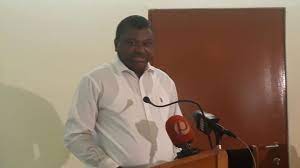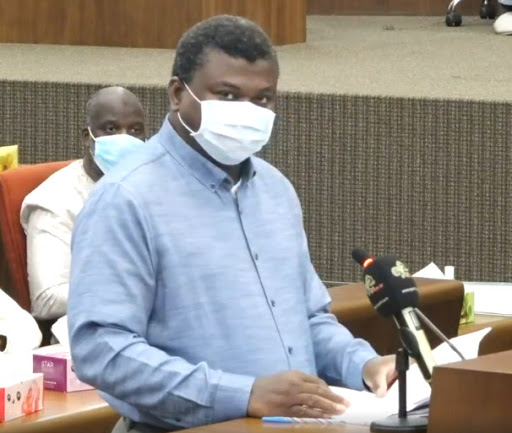By: Yunus S. Saliu
The Ministry of Health (MOH) of The Gambia is currently hosting a three-day Regional Capacity Building Workshop focused on Biomedical Waste Management under the COVID-19 BAD Project.
Taking place at the Kalimba Tamala Resort in Kotu, the workshop brings together representatives from six West African countries. It is organized by the West African Health Organization (WAHO) and funded by the African Development Bank (AfDB).
The official opening was presided over by Ambassador Miatta Lily French, ECOWAS Resident Representative in The Gambia, on behalf of the ECOWAS Commission.
Ambassador French emphasized the critical importance of biomedical waste management, describing it as a key component of the Exceptional Emergency Project to combat COVID-19 and strengthen health systems in The Gambia, Mali, and Niger. She noted that the initiative, funded by the AfDB and implemented by WAHO, is vital in addressing a pressing but often overlooked issue.
“The COVID-19 pandemic severely tested our health systems. Beyond the immediate crisis, it exposed long-standing gaps — none more urgent than the challenge of biomedical waste management. From discarded masks to used test kits and contaminated syringes, the pandemic generated unprecedented volumes of hazardous waste, endangering healthcare workers, communities, and our environment,” she remarked.
Ambassador French described the workshop as both timely and essential. She said it aims to equip national teams with the tools, knowledge, and collaborative frameworks needed to institutionalize safe, sustainable, and efficient biomedical waste management practices.
“This is not just a training platform; it’s a strategic space for alignment, experience sharing, and regional coordination,” she added.
She commended WAHO for its technical leadership and extended sincere appreciation to the AfDB for its unwavering support in strengthening health systems across West Africa.
She further stressed that biomedical waste management must be mainstreamed into national health policies and supported by strong legislation, sustainable financing, skilled personnel, robust infrastructure, and meaningful public-private collaboration. “Hospitals must remain places of healing, not sources of contamination,” she asserted.
In conclusion, Ambassador French thanked the government and people of The Gambia for graciously hosting the event.
Speaking earlier on behalf of the Minister of Health, Dr. Momodou T. Nyassi, Director of Health Services, welcomed regional participants and expressed The Gambia’s honor in hosting the workshop.
He noted that the initiative is both timely and critical, especially as countries continue to address the challenges posed by COVID-19 and its long-term impact on the regional health system.
Dr. Nyassi highlighted the increasing volume and complexity of biomedical waste during the pandemic, underscoring the urgent need for robust management systems to mitigate health and environmental risks.
He emphasized that the workshop was designed to encourage collaboration, knowledge exchange, and the development of adaptable best practices across the region. Dr. Nyassi also expressed gratitude to partners, sponsors, and stakeholders for their support in making the event possible.
The workshop runs from June 10 to 12, 2025.





